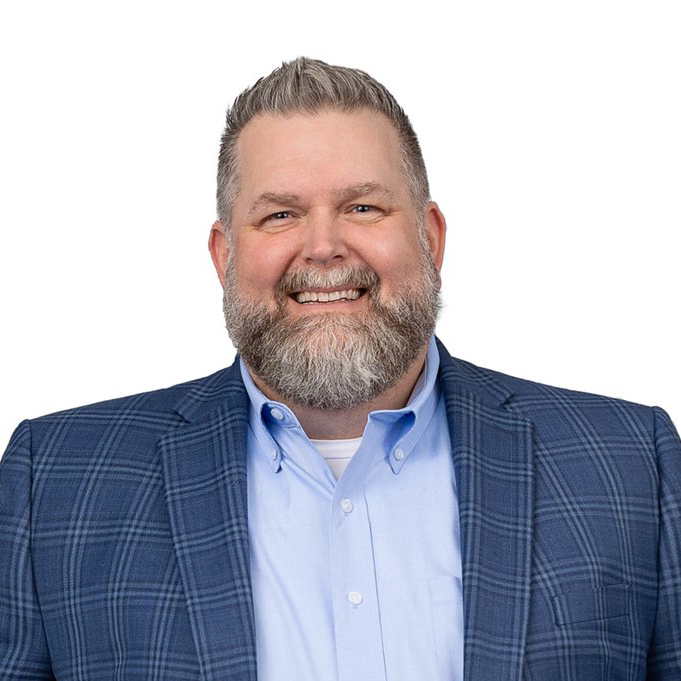Find a CBT Therapist
Search through our directory of local clinicians.
Ray W. Christner
Spotlight on an ABCT Fellow: Ray W. Christner, Psy.D., NCSP, ABPP
To spotlight the extraordinary work of our ABCT membership, we are highlighting the work of recently admitted ABCT Fellows. Fellow status is the highest level of membership in ABCT, and we hope that many members aspire to demonstrate their outstanding and sustained accomplishments in at least one of the areas of eligibility: Clinical practice; Education and training; Advocacy/policy/public education; Dissemination and implementation; Research; and Diversity, equity, and inclusion. Below is an interview conducted with Ray W. Christner, Psy.D., NCSP, ABPP, licensed psychologist, certified school psychologist, and co-host of the Psyched to Practice podcast.
 Can you tell us about what made you apply for Fellow status at ABCT?
Can you tell us about what made you apply for Fellow status at ABCT?
I applied for Fellow status at the ABCT because it represents a significant professional milestone and recognition of my contribution by my peers. This decision was influenced by my mentor, Dr. Arthur Freeman. Art was instrumental in my professional growth, instilling in me a passion for CBT. He always emphasized the importance of contributing to the field and encouraged me to pursue this milestone several times, but life always got in the way. Applying for Fellow status now felt like a natural progression in my career and a meaningful way to honor Art’s mentorship.
Becoming a Fellow means that you have distinguished yourself in a variety of areas that can include dissemination, clinical service, research, training, program development, policy/advocacy and advancing diversity, equity and inclusion. If you had to identify three professional accomplishments of which you are most proud, what would they be?
One of my proudest accomplishments is my daily practice, which forms the heart of my work and is deeply fulfilling. Every day, I look forward to connecting with individuals and using evidence-based interventions to support their journey toward wellness. Being part of their progress and seeing the positive impact of our work together is incredibly rewarding.
Another key accomplishment is disseminating information about CBT through my writings and presentations. I’ve had the opportunity to author several books and chapters and deliver nearly 200 presentations. Among these, co-editing Cognitive-Behavioral Interventions in Educational Settings: A Handbook for Practice with Dr. Arthur Freeman and Dr. Rosemary “Roe” Mennuti stands out as a major achievement. Initially, I never saw myself as a writer or someone with insights to share. However, the mentorship of Art and Roe challenged me and opened doors, inspiring me to continue sharing knowledge in the field.
Along the same lines, a few years ago, I began co-hosting the Psyched to Practice Podcast with Mr. Paul Wagner. Initially launched to share information during COVID-19, it has since taken on a life of its own. Hosting this podcast has enabled me to reach a broader audience, interviewing experts and discussing evidence-based treatments to help people globally. Though unplanned, this project has become incredibly rewarding and a significant part of my professional journey.
Can you tell us a bit about your pathway to becoming a professional – who were your greatest influences during your training and in the early stages of your career?
Three remarkable individuals significantly shaped my pathway to becoming a professional: Dr. Arthur Freeman, Dr. Rosemary “Roe” Mennuti, and Dr. Robert Friedberg.
Dr. Arthur Freeman was instrumental in honing my clinical skills and continually challenged me to think outside the box. His innovative approach to CBT inspired me to explore new methodologies and develop a deeper understanding of the therapeutic process. Art’s mentorship pushed me to take professional risks, such as writing and presenting. His influence on my career cannot be put fully into words.
Dr. Rosemary Mennuti profoundly influenced my understanding and development of relationships, both in therapy and in all aspects of life. While I always recognized the benefits of connection, working with Roe elevated that understanding. She taught me to be more attuned to the nuances of interaction, transforming how I connect with others in therapy. Roe is also one of my closest friends, and our friendship has brought immense joy and collaboration. Together, we have enjoyed writing and presenting, and our strong connection has significantly increased our productivity.
Dr. Robert Friedberg demonstrated the impact of selfless mentorship. As a doctoral student, I attended a presentation that Bob was doing on CBT. I loved what he was doing with child and adolescent CBT. I approached him after the presentation, and after talking with him for about 15 minutes, to my surprise, he said, “We should do something together.” He gave me his information and told me to reach out. After a few days, when I contacted him, he agreed to work with me on writing a book chapter. This then led to several presentations. Bob’s willingness to mentor me without hesitation set a powerful example of generosity and support. This experience not only enriched my professional development but also inspired me to mentor others in the same way. Bob’s influence has been a driving force in my commitment to guiding and supporting the next generation of therapists.
What advice would you have for someone considering applying for Fellowship status at ABCT?
For anyone considering applying for Fellowship status, I’d say, “Go for it!” There’s incredible work being done, and it deserves to be recognized. When preparing your application, stay organized, summarize your accomplishments clearly, and seek mentorship and feedback from respected colleagues.
